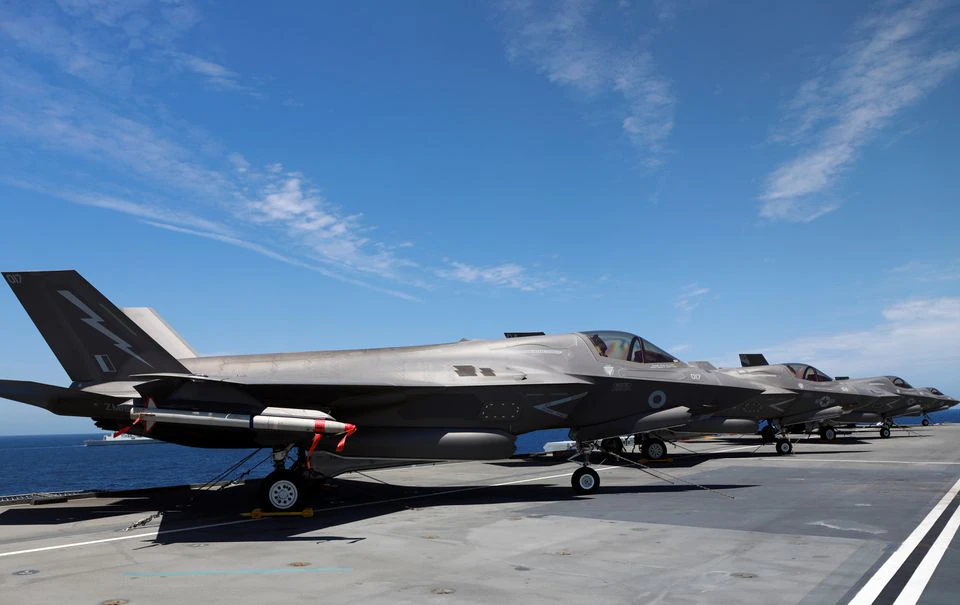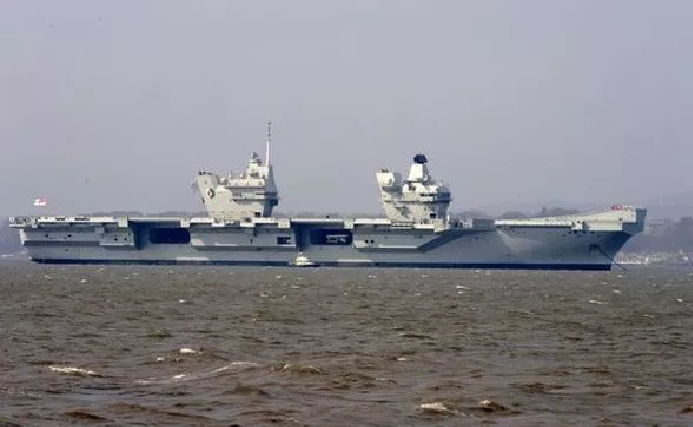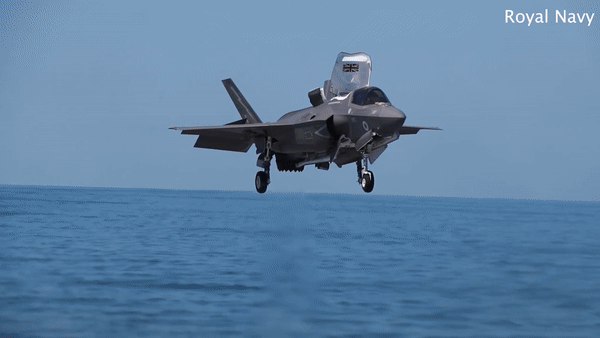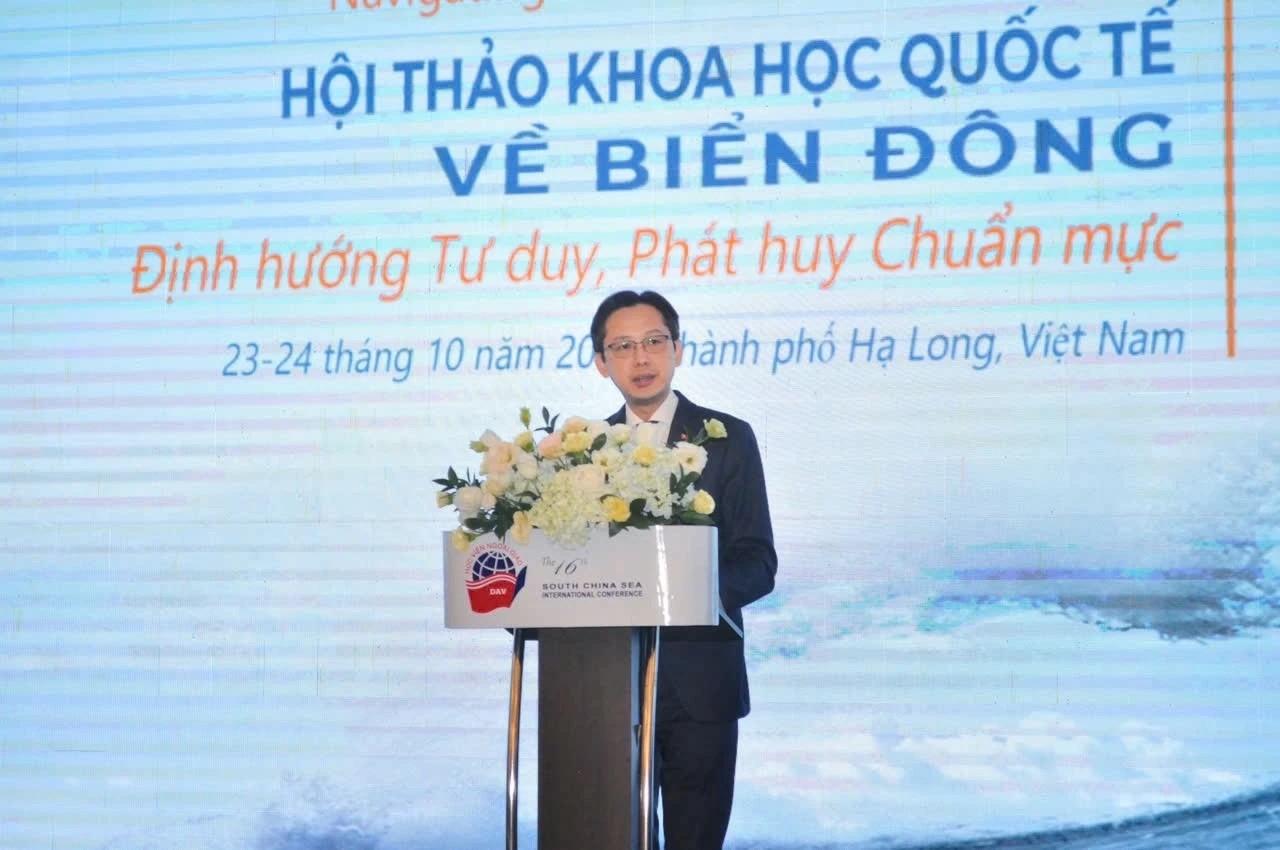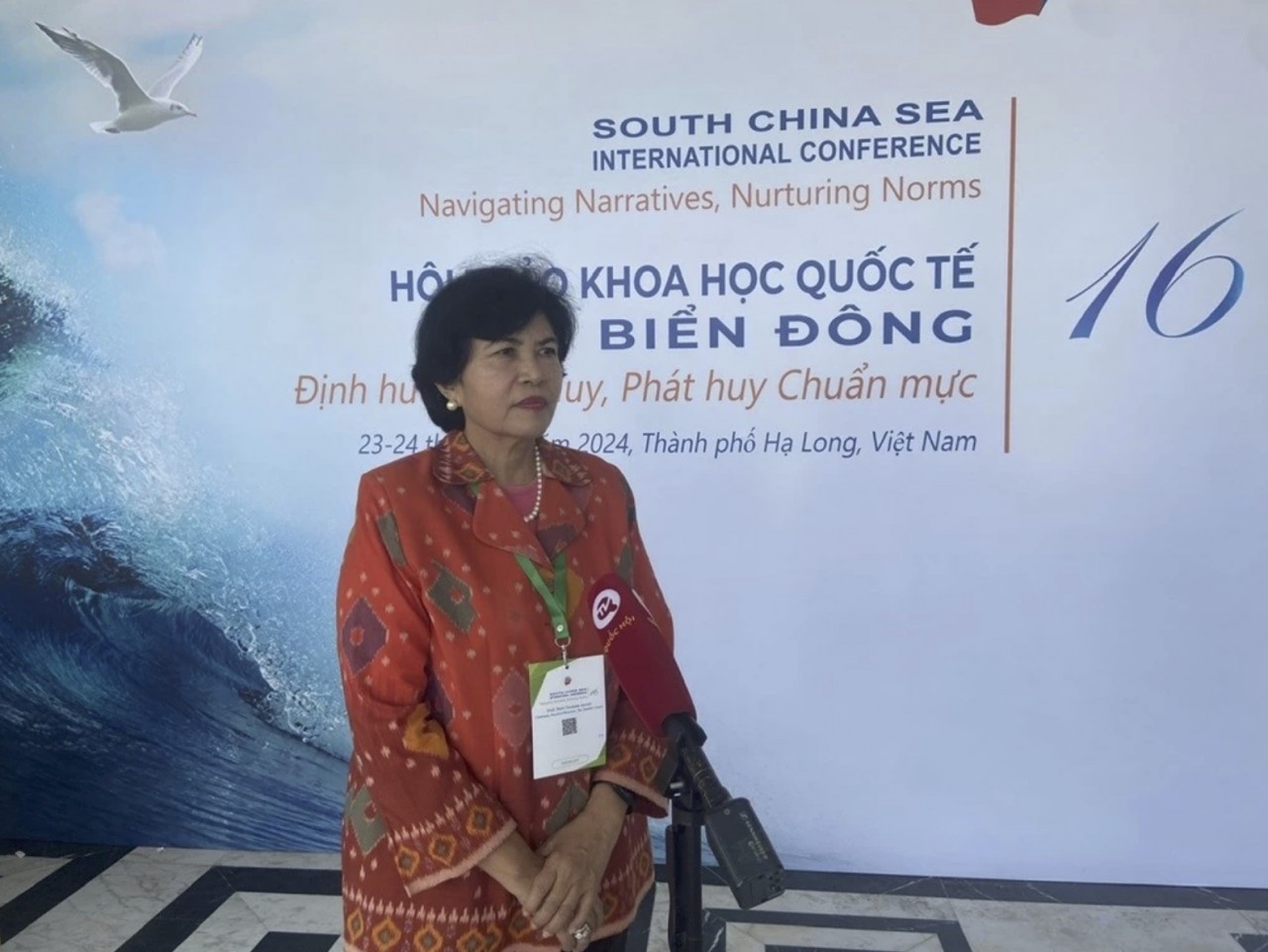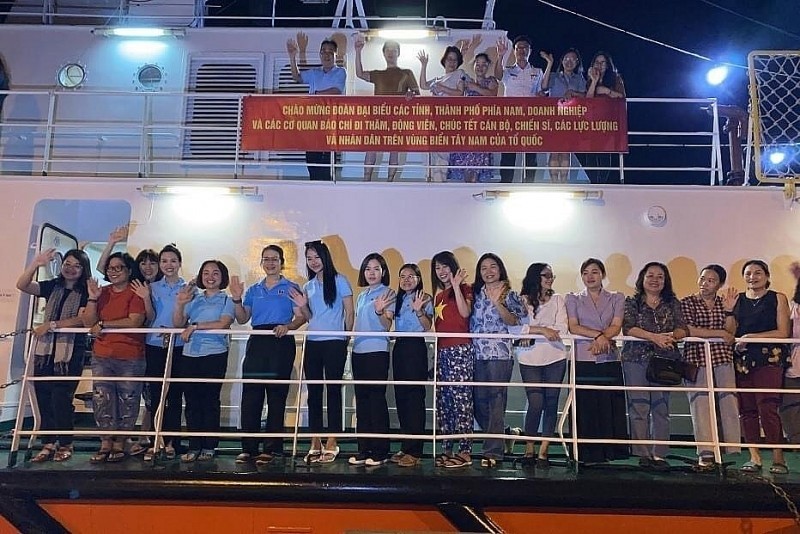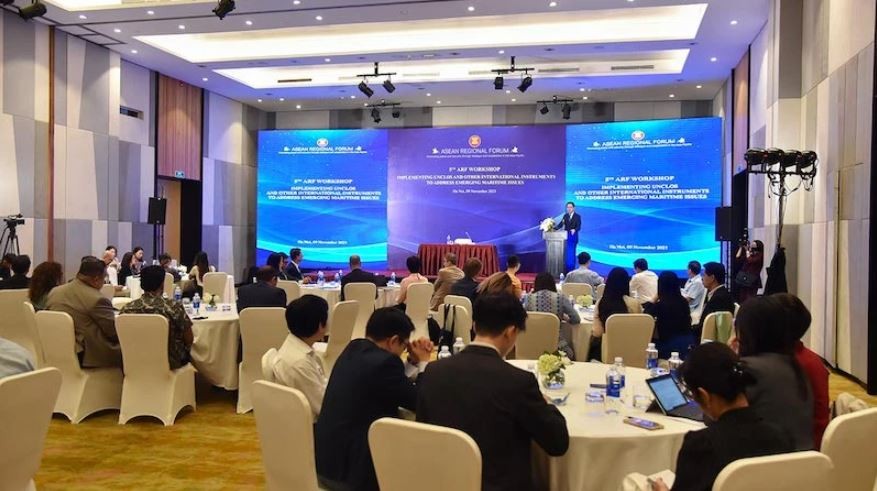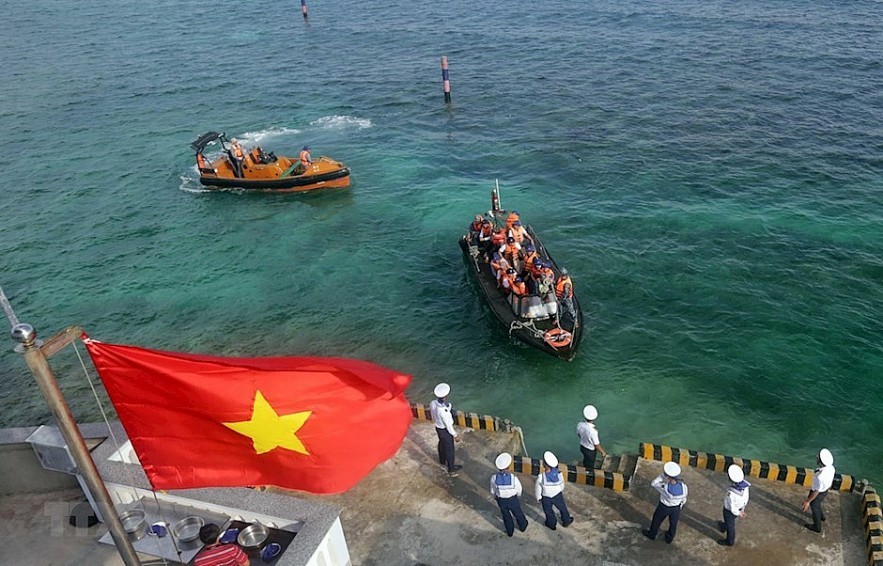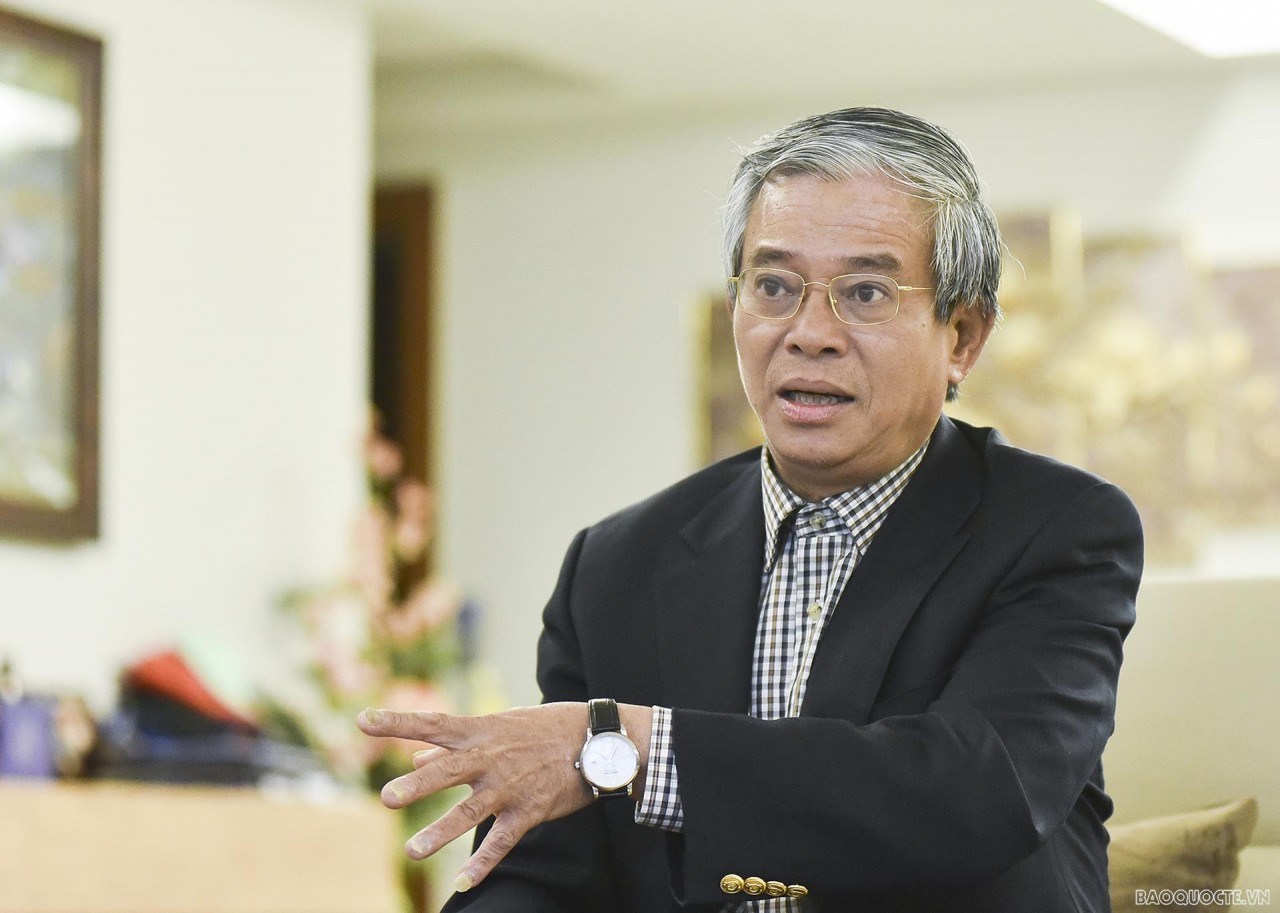Britain to permanently deploy two warships in Asian waters
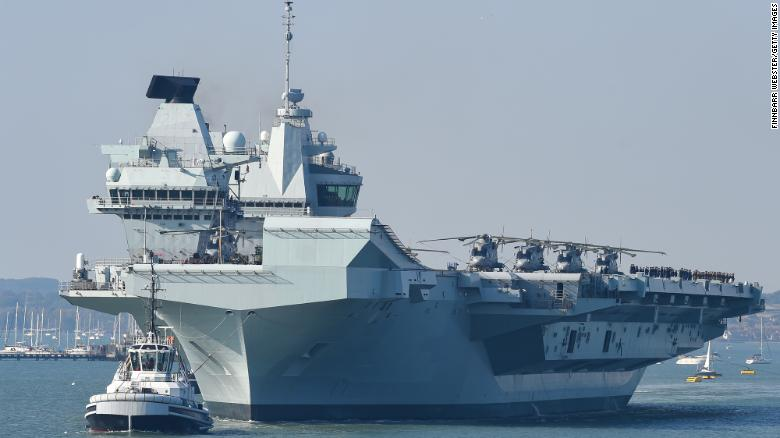 |
| HMS Queen Elizabeth departs from a naval base in Portsmouth, England, in September 2020. Photo: CNN |
Britain said it would permanently deploy two warships in Asian waters after its Queen Elizabeth aircraft carrier and escort ships sail to Japan in September through seas where China is vying for influence.
UK Defence Secretary Ben Wallace, now on a visit to Japan, told NHK that Britain places importance on the Indo-Pacific region. The carrier strike group is navigating in the Indian Ocean after leaving Portsmouth in May.
The ships are due to hold more joint drills with Japan's Self-Defense Forces after holding exercises with the Maritime Self-Defense Force in the Gulf of Aden off the coast of Somalia, recently.
Referring to China and North Korea, Wallace stressed it is important that Japan and the UK, which share the same values as well as open and free democracy, "stick together."
Cases of the coronavirus have been reported in the fleet, but Wallace said none of the sailors on board is seriously affected as they were all double vaccinated.
He said the vessels have plenty of medical support, so their crews will be "safe and well" when they visit Japan.
![The British ships will not have a permanent base, a spokesperson at the British Embassy in Tokyo said when asked which ports the Royal Navy ships would operate from [File: Yiannis Kourtoglou/Reuters] The British ships will not have a permanent base, a spokesperson at the British Embassy in Tokyo said when asked which ports the Royal Navy ships would operate from [File: Yiannis Kourtoglou/Reuters]](https://vietnamtimes.org.vn/stores/news_dataimages/phamhuongvnt/072021/22/06/in_article/5117_ship2.png?rt=20210722065118) |
| The British ships will not have a permanent base, a spokesperson at the British Embassy in Tokyo said when asked which ports the Royal Navy ships would operate from. Photo: Reuters |
According to Reuters, plans for the high-profile visit by the carrier strike group come as London deepens security ties with Tokyo, which has expressed growing alarm in recent months over China's territorial ambitions in the region, including Taiwan.
Japanese Defence Minister Nobuo Kishi said after their arrival in Japan, the Queen Elizabeth and its escort ships would split up for separate port calls to US and Japanese naval bases along the Japanese archipelago.
A close US ally, Japan hosts the biggest concentration of US military forces outside the United States, including ships, aircraft and thousands of Marines.
The British carrier, which is carrying F-35B stealth jets on its maiden voyage, will dock at Yokosuka, the home of Japan's fleet command and the USS Ronald Reagan, the only forward deployed US aircraft carrier.
The British ships will not have a permanent base, a spokesperson at the British Embassy in Tokyo said when asked which ports the Royal Navy ships would operate from.
The Queen Elizabeth is being escorted by two destroyers, two frigates, two support vessels and ships from the United States and the Netherlands.
It will come to Japan through the South China Sea, parts of which are claimed by China and Southeast Asian countries, with stops in India, Singapore and South Korea.
In a further sign of Britain's growing regional engagement, Wallace, who traveled to Japan with a delegation of military commanders, said Britain would also eventually deploy a Littoral Response Group, a unit of marines trained to undertake missions including evacuations and anti-terrorism operations.
Belief in the international law of the sea
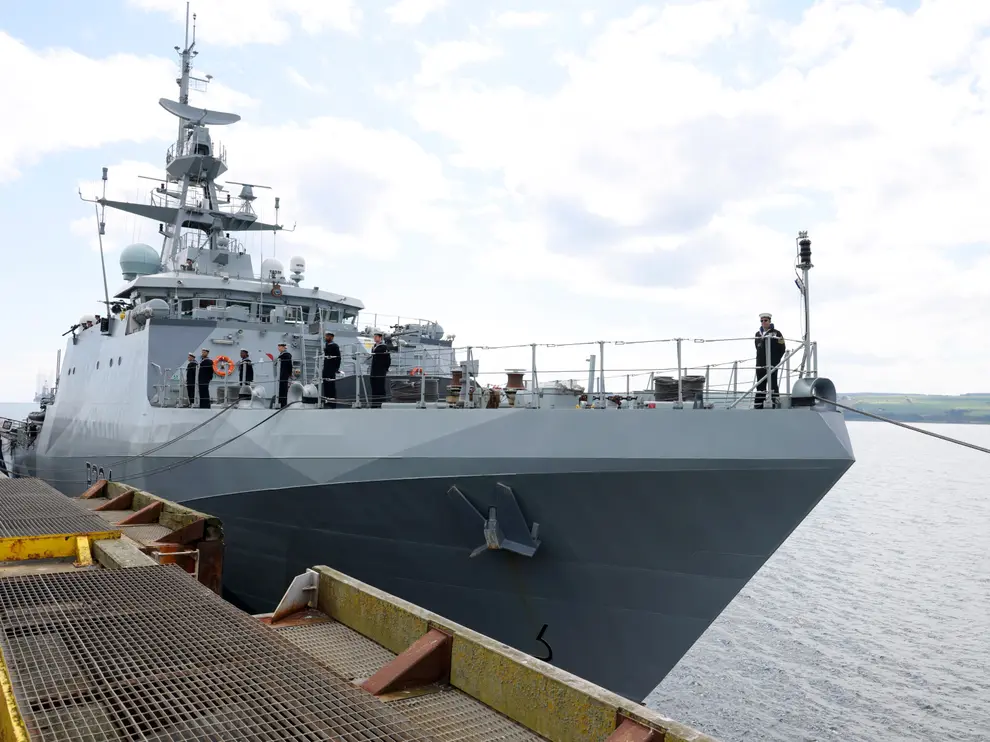 |
| The HMS Spey is one of the ships to be deployed to the region later this year. Photo: EPA |
Before the strike group deployed, British Prime Minister Boris Johnson told reporters that the deployment would “[show] our friends in China that we believe in the international law of the sea… [in] a confident but not a confrontational way.”
Johnson added, “We don’t want to antagonize anybody, but we do think that the United Kingdom plays a very important role, with friends and partners, the Americans, the Dutch, the Australians, the Indians many, many others, in upholding the rule of law, the international rules-based system on which we all depend.”
It is not clear what type of ships the Royal Navy will keep in the region or what the permanent deployment’s basing arrangements will be, but will appear to include offshore patrol vessels (OPV) supported by bases in Australia and Singapore, The Diplomat said.
The OPVs are small patrol vessels, only a quarter of the size of the Royal Navy’s destroyers, armed with small cannons and no missiles.
Britain has not had a permanent naval presence in East Asia for years and has not had a permanent base in the region since its naval base in Hong Kong, HMS Tamar, was closed when the former colony was turned over to the People’s Republic of China in 1997. Tamar is the namesake of the first of the Royal Navy’s OPVs that will deploy to the Pacific, according to The Diplomat./.
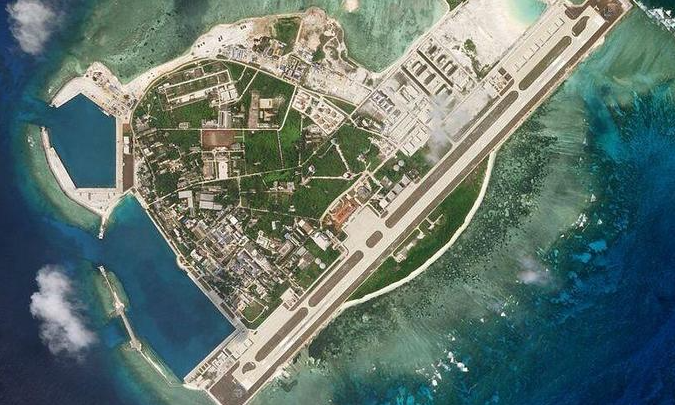 | South China Sea Code Of Conduct Negotiation Struggles As Tension Rises, Said Experts “ASEAN members want to resume negotiations as a means of restraining China’s assertiveness," South China Morning Post quoted an expert in its recent article. |
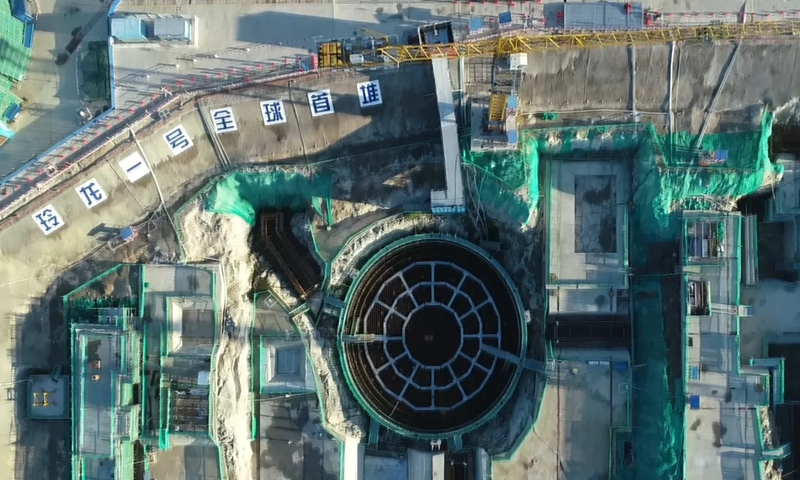 | Construction On World's First Commercial Modular Small Reactor Starts In China The world's first commercial modular small reactor on land, the Linglong 1, has officially entered into the construction phase for a demonstration project in Changjiang ... |
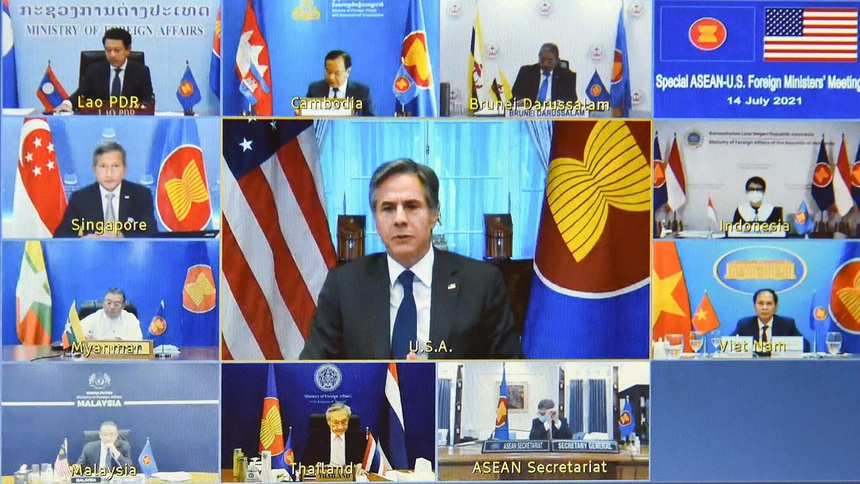 | US Helps ASEAN Raise Pandemic Response Capacity The United States has earmarked US$96 million to help Southeast Asian countries improve their pandemic response capacity, US Secretary of State Antony Blinken announced on ... |
In topics
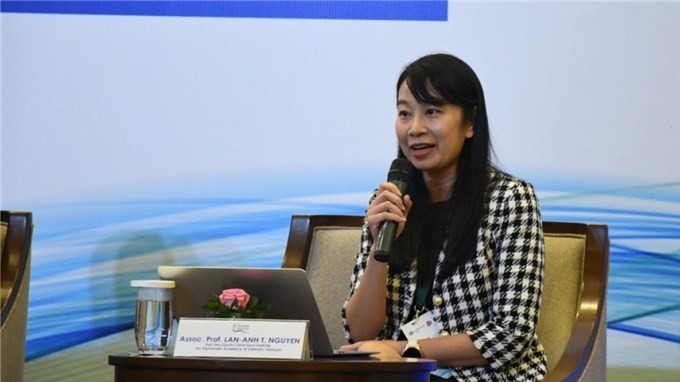 Focus
Focus
Vietnam - Responsible Member of 1982 UNCLOS - DAV’s Director of South China Sea Institute
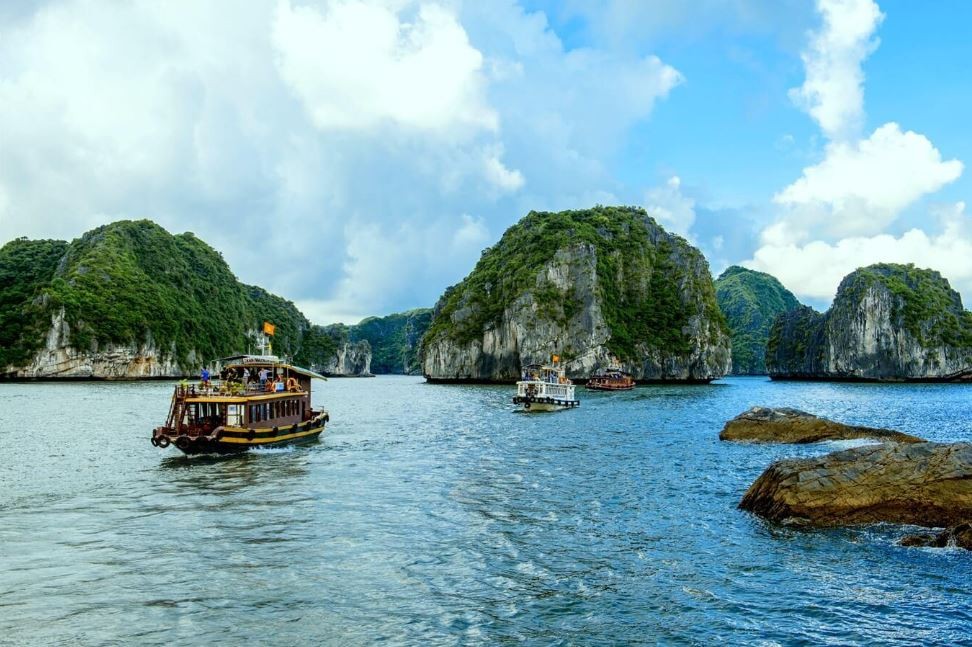 Seas and islands
Seas and islands
Vietnam Respects and Upholds universal value of UN Convention on the Law of the Sea
Recommended
 World
World
US, China Conclude Trade Talks with Positive Outcome
 World
World
Nifty, Sensex jumped more than 2% in opening as India-Pakistan tensions ease
 World
World
Easing of US-China Tariffs: Markets React Positively, Experts Remain Cautious
 World
World
India strikes back at terrorists with Operation Sindoor
Popular article
 World
World
India sending Holy Relics of Lord Buddha to Vietnam a special gesture, has generated tremendous spiritual faith: Kiren Rijiju
 World
World
Why the India-US Sonobuoy Co-Production Agreement Matters
 World
World
Vietnam’s 50-year Reunification Celebration Garners Argentine Press’s Attention
 World
World

